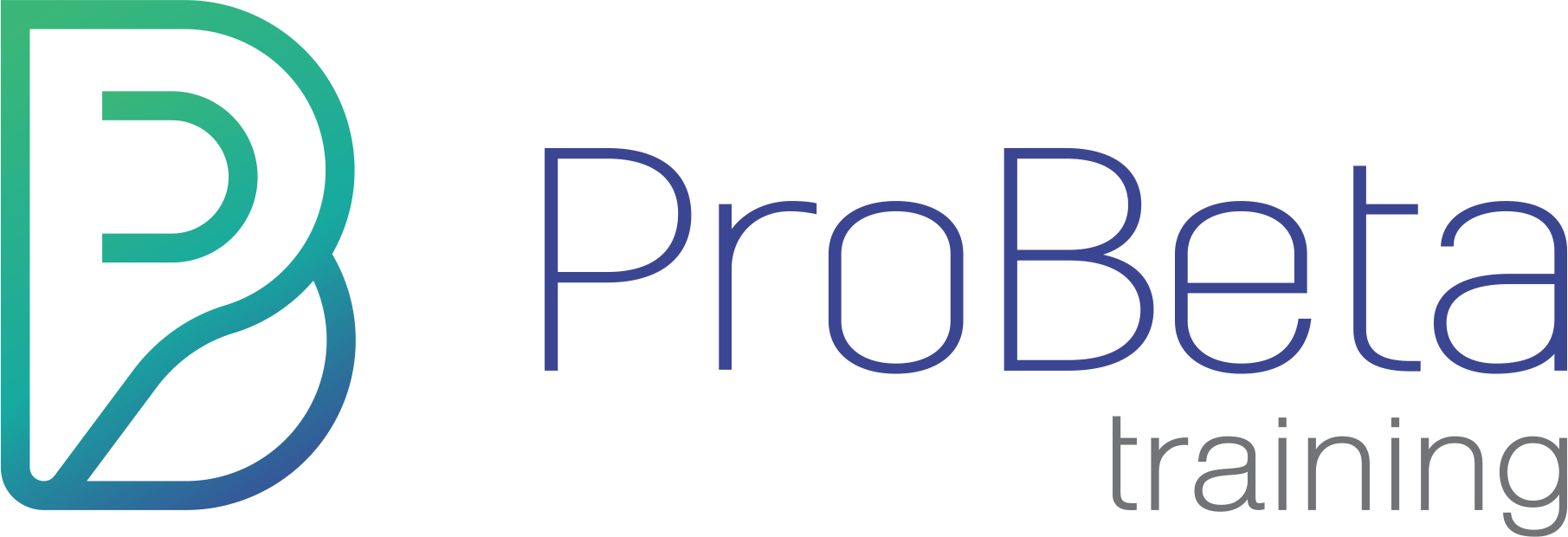Webinar Training Course
IFRS for SME’s – New amendments
IFRS for SMEs Refresher - Session 3: Financial Instruments (3)
| Price: |
Firm/Group/Company - R1403.00 (VAT Incl.)
Individuals - R563.50 (VAT Incl.) |
| Price (MLU Subscriber): |
Firm/Group/Company - R1052.25 (VAT Incl.)
Individuals - R437.00 (VAT Incl.) |
| Presenter: | Mr Tristan White |
| Date: | 21 Aug '19 |
| Times: | 09H00 - 11H00 |
| Duration: | 2 |
| CPD Hours: | Attending the course and successfully completing the post-assessment, will grant you 2 hour/s verifiable CPD, recognised by the various professional bodies (SAICA, SAIBA, ACCA, IACSA, IRBA & etc). Please note that the CPD certificate will only be issued once the post-assessment has been completed. |
| Platform: | Web Based (Online) |
| Contact Person: |
Nerissa Singh
T: 011-886-1395 E: nerissa@probetatraining.co.za |
| Back Book Now | |
IFRS for SMEs is the most widely adopted accounting framework Internationally as well as in South Africa.
Recognising the fact that most organisations have adopted this framework, ProBeta Training has developed a series of training session webinars to help you build a solid base on the IFRS for SMEs framework including amendments, as well as highlighting disclosure requirements so as to streamline financial statement preparation and reporting.
Our aim is to assist trainees, audit practitioners and also accountants in business to establish a practical understanding of the Standards, referred to as “Sections” in the IFRS for SMEs framework.
Session 3 takes a look at the sections relating to Financial Instruments, Inventories as well as Leases
We seek to empower you as a professional accountant in accounting and audit by:
• Establishing a practical understanding of the standards / sections
• Helping you understand why transactions are accounted for the way they have
been
• Simplifying the financial statement reporting process by breaking down the
presentation and disclosure requirements
Session 3:
o Basic Financial Instruments
o Other Financial Instruments
o Inventories
o Leases
We will simplify pertinent elements of the theory. We will look at rudimentary journal entries. We will aim to draw comparisons between IFRS for SMEs and full-IFRS especially in areas of disclosure and annotations to financial statements.
• Accountants in business whose firms have adopted IFRS for SMEs as the
accounting framework.
• Auditors in a South African context, so as to successfully enable them to identify
and assess the application of the framework
